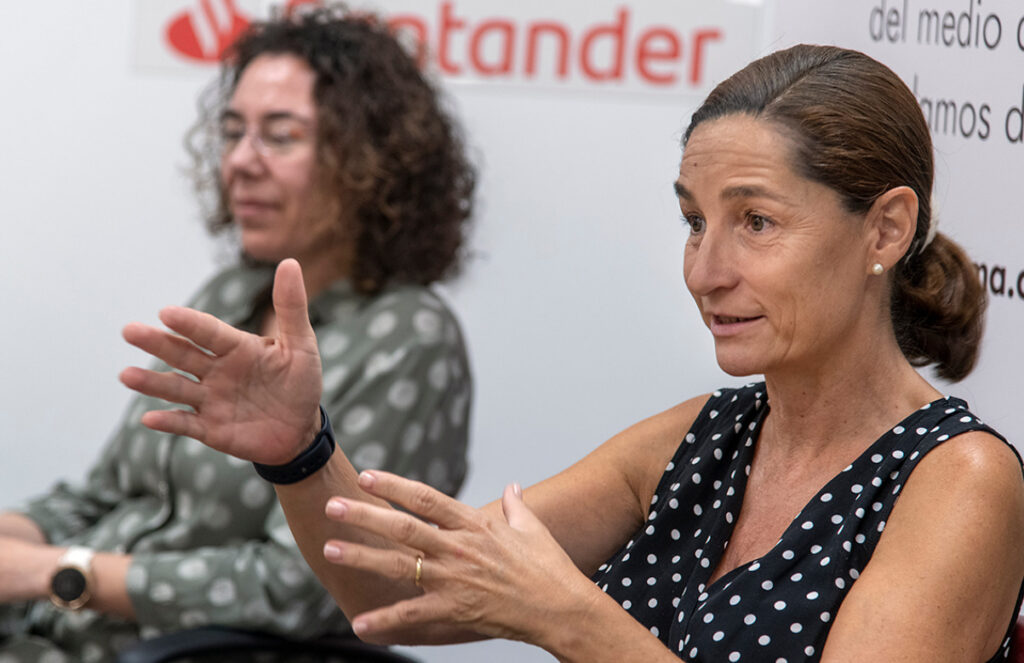After three days of conferences and debates, the UCM Veterinary Professor Alicia Caro Vadillo can do nothing but thank the thirteen students who have attended the course she has directed entitled “Clinical aspects of zoonosis heart and lung diseases today. “Thank you, thank you very much, for these three days,” she points out to them. And it is that, skipping the scheduled interventions, Professor Caro wanted her students to be the ones to close the course. Before them, professors from Complutense and other top-level Spanish universities, practicing veterinarians and also doctors have intervened.stressed the importance of caring for animals and people from a unique approach . The fact of sharing common spaces makes humans and animals susceptible to sharing pathologies. Knowing what can be transmitted in both directions is essential.
But now it is the turn of the students. Seated, the Dean of the Faculty, Concepción Serres, and Professor Caro listen to them one after another. Most of them are from the faculty itself. They take the turn to speak and express their satisfaction with what they have heard and, in many cases, learned. One concept, One Health, is the most repeated. The mission is accomplished. The students have realized that, in many moments, even unconsciously, since they are being trained at UCM, they are including in their backpack of knowledge not only this increasingly pressing need to treat health in a global way, but also how to do it.
Professor Alicia Caro and Dean Consuelo Serres cannot stop smiling as they listen to the students. The course has filled them. Few had previously attended some “teaching” days in July, and far from the “toston” that some feared, they have enjoyed “super entertaining talks and super interesting images “, as one of the students points out. They also value having learned strategies that they will surely apply in their daily practice, such as the need to carry out a correct anamnesis -gathering information of all kinds: previous trips, recent contacts…- before giving a diagnosis. They have seen, as another of the students points out, thatThe practical training is more than a degree and the possibility that the Complutense gives them to go through a veterinary hospital in which they care for everything from exotic birds and pets to large animals, is priceless. As is also the case, as the dean reminds you, the opportunity to carry out external internships in small or large clinics or even in the Madrid Zoo. To put some “peguilla” to the course, another of the students points out the possibility of having included more practical examples in the conferences. Professor Caro promises to take it into account for a possible next edition.
The students, most of them in their final years and with a clear healthcare vocation, despite everything, transmit to the Dean and Professor Caro their doubts about whether they are sufficiently prepared to start practicing their profession. The dean has no doubts: “You have an impressive global formation. You don’t realize it until you start applying it, but you have it. You just need to remove your fears and launch yourself “. “Believe it. You know a lot”, adds the director.


